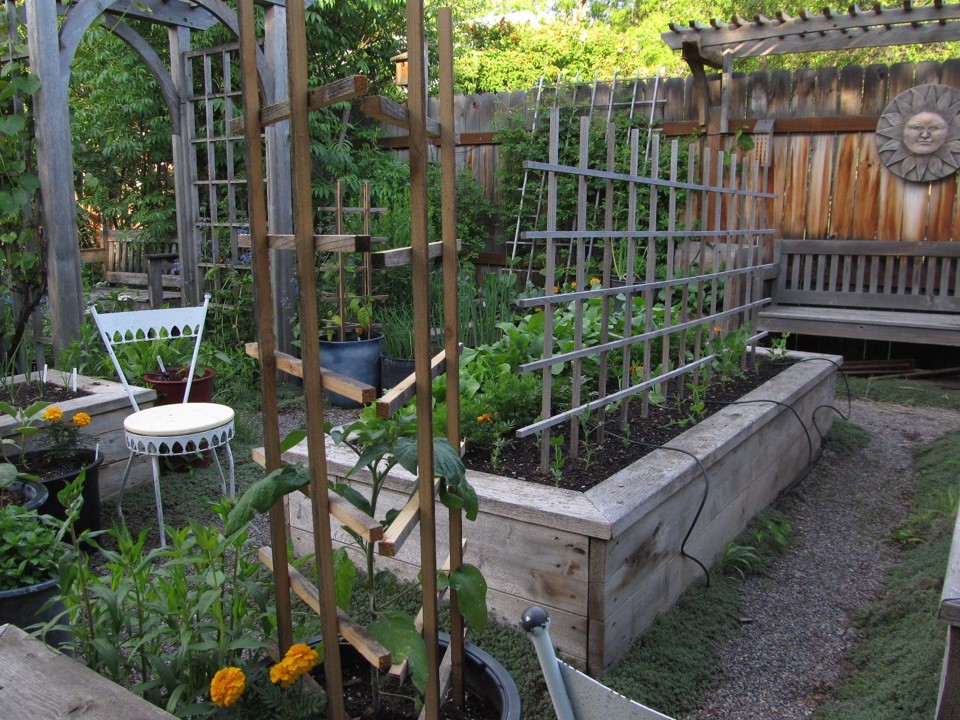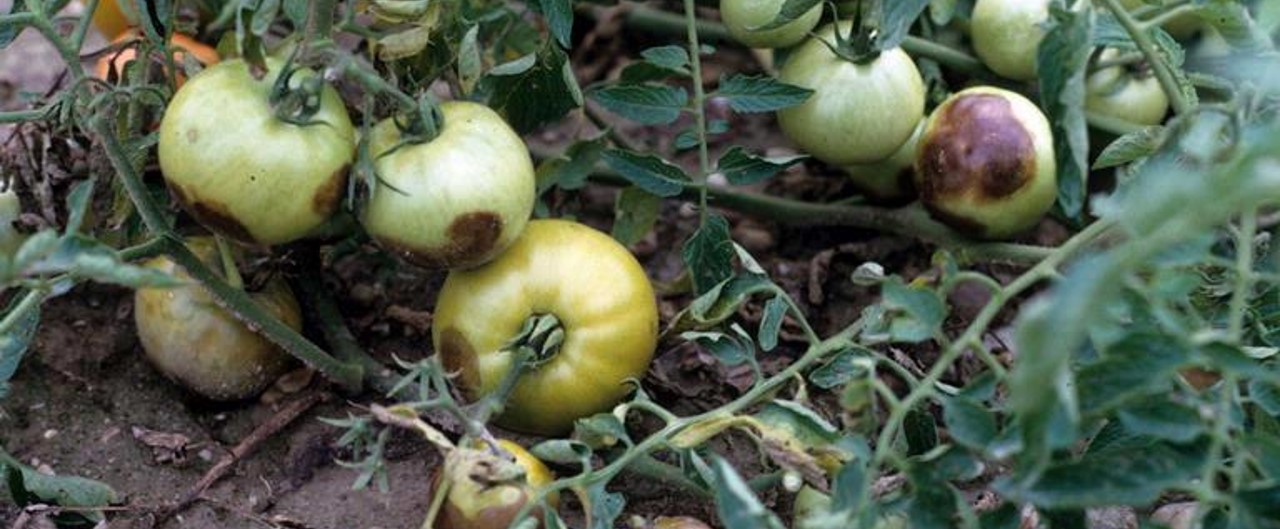By Carol Wyatt-Evens and Sarah Bostick
Gardening in Florida can be incredibly rewarding and incredibly frustrating, at the same time. If you are new to the region, you soon learn that gardening in the Sunshine State can quickly become a full-time job. While our subtropical climate is perfect for growing an abundance of different vegetables, fruits, and herbs, it also can present some overwhelming challenges.
We can help! UF/IFAS Extension Sarasota County agents and staff have created an online edible gardening resource center. The website features short videos from our 25-episode “Edible Gardening Series” webinars, along with blog posts and resources lists for episodes. Get help on an array of topics that befuddle many gardeners.
This week’s Question of the Week:
Why should I spend time and money putting trellises in my veggie garden?
Trellises are an invaluable tool in any vegetable garden. Do a quick internet search for pictures of trellises and you will find an endless array of ideas ranging from industrial to whimsical, temporary to permanent, and budget to top dollar. You will find trellises made from metal poles, PVC pipes and heavy gauge wire, wooden stakes and twine, lumber and concrete, lengths of livestock fencing, plastic lattice, artistically woven tree branches, and even old bicycle frames.
You are limited only by your imagination!

But why are trellises so useful in a vegetable garden?
There are many reasons! A few of those reasons are that trellises utilize vertical space to save ground space in a small garden, they stabilize plants that can fall over when heavy with fruit, they create a nice visual in the garden, and they make many plants easier to harvest (no bending over and searching through foliage!).
But arguably the biggest benefit to using trellises in your vegetable garden is that they help to prevent and manage many plant diseases.
Most garden plants are susceptible to fungal diseases, but some – including tomatoes and cucumbers – are more susceptible than others. In the plant world, fungal diseases are typically called mold, mildew, blight, and wilt. Some common plant fungal disease are powdery mildew, downy mildew, late blight, early blight, verticillium wilt, fusarium wilt, Septoria leaf spot, root rot, stem rot, and damping off.
The best way to control fungal diseases is to prevent them. And the best way to prevent them is to make sure that air can easily flow through plants and that leaves and branches of a plant stay dry. Fungus needs moisture to thrive! When plants such as cucumbers and tomatoes lay on the ground, moisture is trapped between the leaves and the soil, creating the perfect, damp, shady environment for fungus to thrive.

There is also a huge variety of bacteria and viruses that can infect garden plants. Some types of bacteria and viruses can live in the soil for many years. And some of those long-living pathogens in the soil infect your plants when soil makes contact with leaves. Plants that lay directly on the ground make direct contact with soil.
The solution is two-fold:
- Trellis vining, sprawling, and heavy plants to keep their leaves from making contact with the soil
- Mulch the soil around the plants to prevent muddy water from splashing up onto leaves.
So give it a try! Garden veggies that benefit from trellising include:
- Vining and sprawling plants such as cucumbers, non-bush varieties of squash and zucchini, pumpkins and melons, peas, pole beans, Malabar spinach, and chayote.
- Plants with heavy fruit such as tomatoes, peppers, eggplant, and tomatillos
The Edible Gardening Series and blog series is a partnership between the following UF/IFAS agents and Sarasota County staff:
- Sarah Bostick, Sustainable Agriculture Agent
- Carol Wyatt-Evens, Chemicals in the Environment Agent
- Mindy Hanak, Community & School Gardens Educator
- Kevin O’Horan, Communications Associate
 0
0
